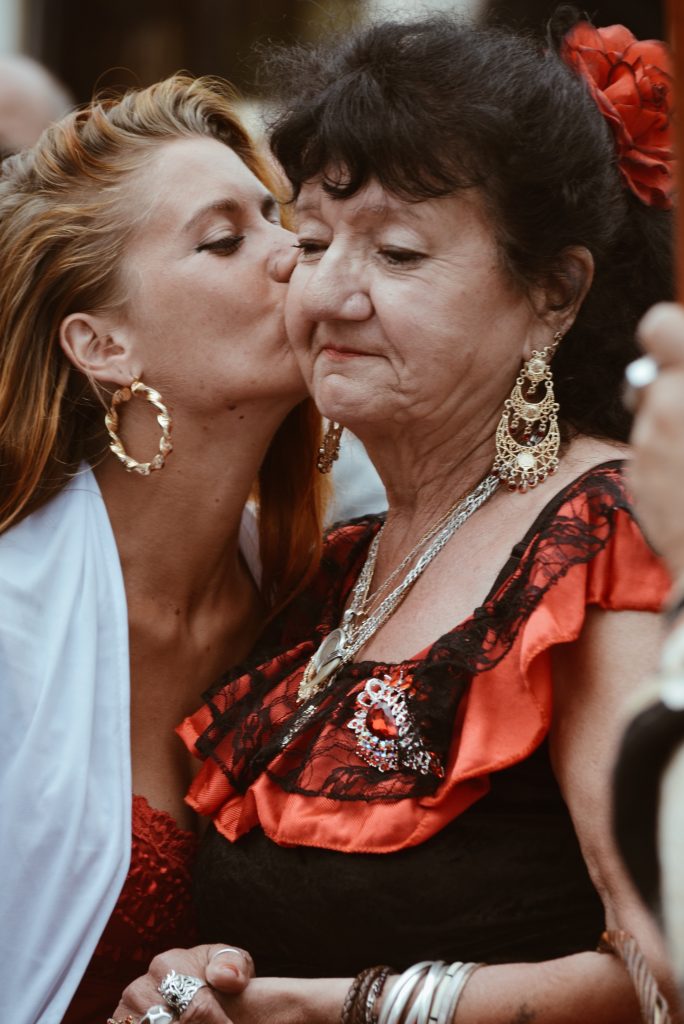
Many people will instantly know when a relationship doesn’t feel healthy. But when does a less-than-perfect relationship turn toxic? The simplest explanation is from Psych Alive,
“A toxic relationship is often characterised by repeated, mutually destructive modes of relating between a couple. These patterns can involve jealousy, possessiveness, dominance, manipulation, desperation, selfishness or rejection.”
In the media there’s often an emphasis on a toxic relationship being with a romantic partner. But in my counselling room this often isn’t so. It’s frequently a friend or family member whose causing concern.
Both Jennifer Anniston and Davina McCall have spoken out about the difficult relationships they had with their mothers. But, whoever they’re with toxic relationships can be incredibly damaging. Here’s my guide on toxic relationships – and how to handle them.
How to spot a toxic relationship
Some articles list traits or behaviours, for example, “Your partner looks at your mobile phone without permission”. The problem with these articles, is they tend to focus only on romantic relationships, and fail to consider the multiple difficult behaviours displayed within a toxic relationship.
The best way to determine a toxic relationship, is to focus on your feelings and not their behaviour. Do you have any of these red flag feelings?
- anxiety and nerves, because you’re unsure how they’re going to react or behave today
- unease and resentment, as you believe you’re having your personal boundaries pushed
- low self esteem or anger, as they belittle you, either in a direct or subtle way
- tiredness and exhaustion after being in their company
- nauseous,nervous or suffocated at the thought of spending time with them?

In short one of the best ways to judge whether you’re in a toxic relationship is to focus on physical sensations and ask yourself, do I feel like I’m being poisoned?

The three best tips to manage a toxic relationship
It’s unrealistic to assume that everybody in a toxic relationship will be willing or able to leave. You may want to stay. If so, there are still ways to minimise the negative impact the relationship has on your mental health.
1. Get clear on what’s keeping you in the relationship
If your relationship with your sister is toxic, but your mum gets great happiness from seeing you together, then be aware of this. Similarly, if a friend puts you down but is also great fun, than acknowledge it’s chemistry keeping you together. Simply accepting the reason you stay in a toxic relationship, can ease pressure and help you feel more in control.
Note: If you feel scared to leave the relationship, then this may not be a toxic relationship but an abusive one. Wherever you are in the world, there should be an organisation to help you. And this useful page has split them into help available by countries.
2. Can the relationship be detoxed?
If you are both willing, then a toxic relationships can be detoxed. Often, it’s not the people who are poisonous themselves, but the patterns of behaviour that play out within the relationship. Patterns which are frequently picked up from our parents in childhood, and then repeated unconsciously in adulthood. A skilled counsellor can help you both untangle old beliefs and behaviours and work with you to find new, and better, ways of relating.

3. Create some boundaries
If you can’t, or won’t, leave a toxic relationship, there are practical steps you can take to safeguard your mental wellbeing. Set a limit on how often you see the person, and stick to it. Decide whether you can manage their company one on one, or whether they’re easier to handle in a group. Think in advance about whether you’re going to call them out on their putdown comments or just ignore them. In short, put boundaries in place, protect your mental health and seek support.
Please do comment and let me know how you’ve managed a toxic relationship.
